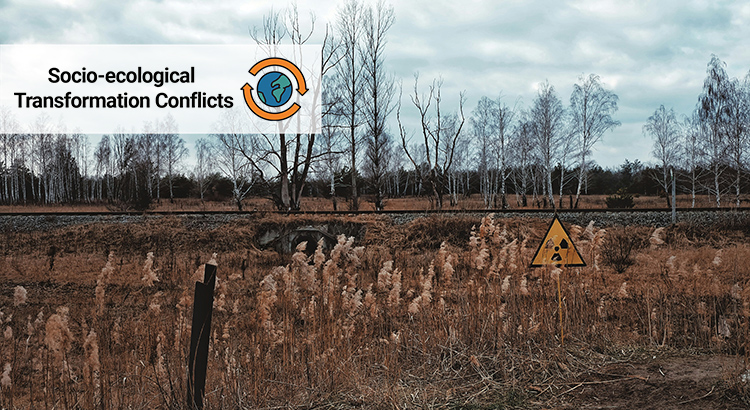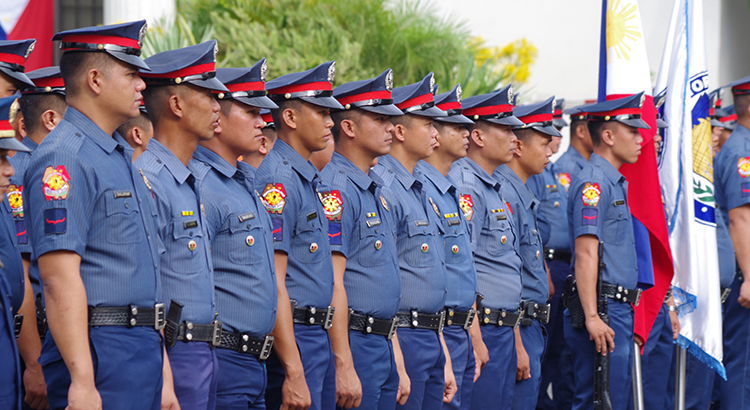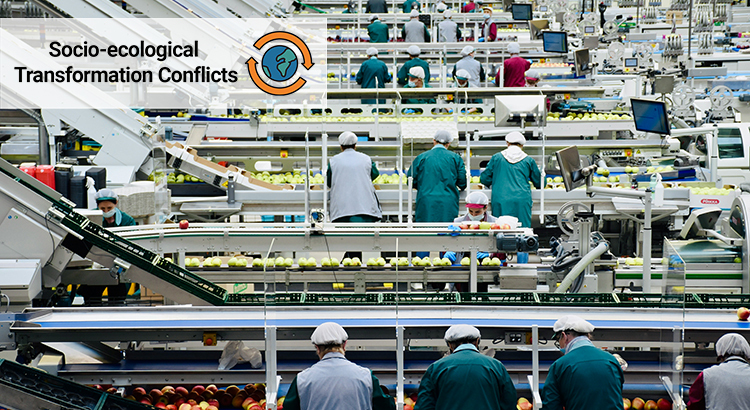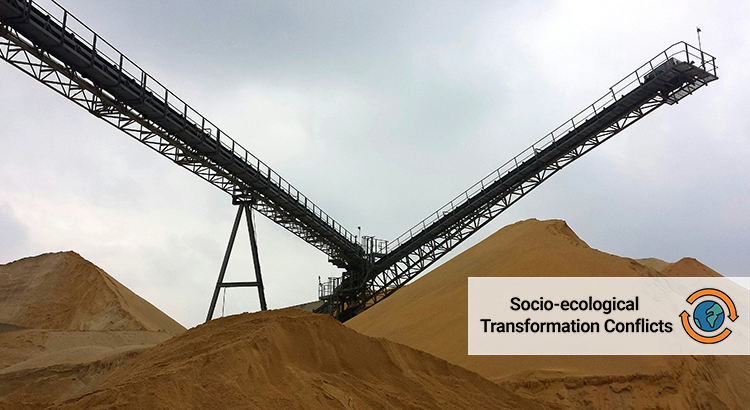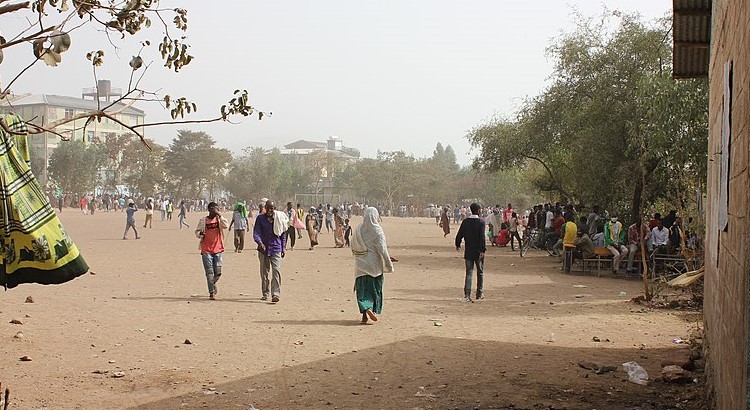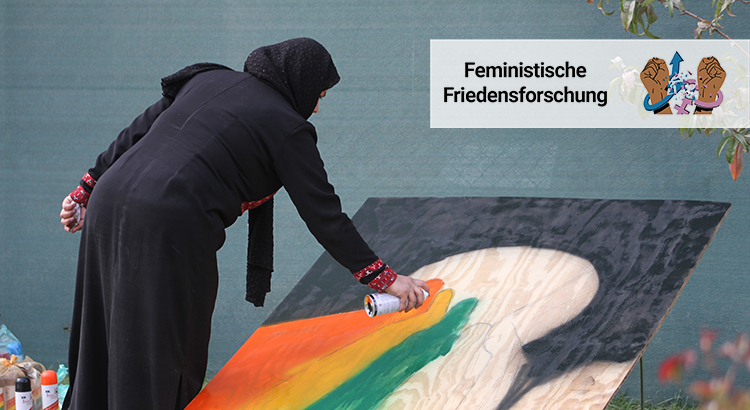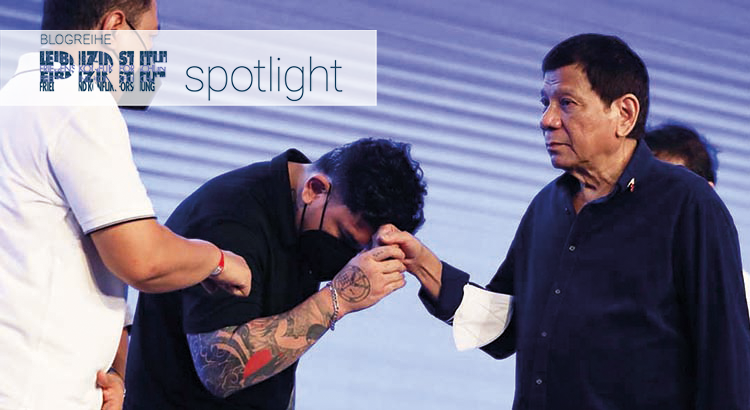The environment is not a silent victim in Russia’s war against Ukraine; the long-term threats for the people of Ukraine are already visible. The environmental dimension of the war has been documented from early on. In this respect, the war is a model for future military conflicts. President Zelenskyy emphasized in his peace plan that green reconstruction is an essential element for a just and sustainable future. Green reconstruction, as every reconstruction, needs international support and local engagement. In this blog post, we identify the conditions that must be met to ensure that local groups are empowered and new international dependencies are avoided.
The Philippine National Police: Finally Putting Limits to Police Use of Deadly Force?
On March 22, 2024, Davao City mayor Sebastian Duterte declared that “Davao City is at war against drugs.” In the following days, seven suspects were killed in police anti-drug operations. However, shortly thereafter the mayor’s call to arms was met with resistance from the police. Several police officers were relieved of their duties and the PNP-chief declared that “there is no need for a drug war.” Is the Philippine National Police finally taking on its dismal record on the use of deadly force?
A Gap between Social and Ecological Rights: A Commentary after One Year of the German Supply Chain Due Diligence Act
Frequent violations of human, labor, and environmental rights continue to impact supply chains globally, with notable prevalence in the Global South, but also in the Global North. The German Supply Chain Due Diligence Act (SCDDA, in German: Lieferkettensorgfaltspflichtengesetz [LkSG]), enacted in 2023, represents significant progress in upholding rights within the context of socio-ecological transformation across value chains. However, the law faces challenges, particularly in terms of its prospective enforcement and the absence of a cohesive link between social and ecological rights. This article provides a commentary and argues that addressing these issues should be a priority.
Socio-ecological Transformation Conflicts: A Central Field of Conflict and Research in the 21st Century
Conflicts over climate and energy policy, security and geopolitical dimensions of global decarbonisation, or human and environmental rights violations in global value chains: The current socio-ecological transformation is causing new and exacerbating existing socio-political conflicts that will characterise the 21st century. The new working group on socio-ecological transformation conflicts, which introduces some of its fields of research in this blog series, brings together existing expertise on these conflicts at PRIF.
Israel–Gaza Beyond the Concept of Genocide: End Mass Violence Against Civilians Now
German debates about the Israel-Gaza war often get caught up in polarising terminology. This applies in particular to the dispute whether a genocide is occurring. Apart from the legal assessment currently being made by the International Court of Justice, a parallel, polemical discussion about the concept of genocide distracts from actual priorities for action. The war has already cost tens of thousands of lives, and many more Palestinians will die as a direct and indirect consequence of the war. The mass violence against civilians and the destruction of conditions of life in Gaza must end immediately – regardless of whether the legal conditions for genocide are met.
Israel-Gaza jenseits des Genozid-Begriffs: Massengewalt gegen Zivilist*innen jetzt beenden
Deutsche Debatten über den Israel-Gaza-Krieg verfangen sich oft in polarisierenden Begrifflichkeiten. Das gilt insbesondere für den Streit um das Vorliegen eines Genozids. Abgesehen von der juristischen Einschätzung, die derzeit der Internationale Gerichtshof vornimmt, lenkt eine parallellaufende, polemische Diskussion um den Völkermordsbegriff von den eigentlichen Handlungsprioritäten ab. Der Krieg kostete schon Zehntausende das Leben, noch viel mehr Palästinenser:innen werden an direkten und indirekten Kriegsfolgen sterben. Die Massengewalt gegen Zivilist:innen und der Entzug von Lebensgrundlagen in Gaza müssen sofort beendet werden – unabhängig davon, ob juristisch die Bedingungen für einen Genozid erfüllt sind.
Potentially Vital AU Meeting on Tigray Leaves Communities of Interest in the Dark
Politics, violence, and secrecy have held back progress in post-war Tigray. This highlights not just the need to directly address security issues. It also emphasises the importance of improving transparency and giving marginalised stakeholders adequate information about current developments in the peace process.

Beyond the Code: Unveiling Gender Dynamics in AI and Cybersecurity for International Security
Emerging technologies are transforming foreign and security policy as they challenge traditional understandings of power, influence and security. Developments in artificial intelligence (AI) and the increasing importance of cyberspace are some of the most prominent in this regard. Yet, not only are there repercussions for security when narrowly conceived as state security, but they also affect gender relations and human security more broadly. Gender as an analytical category allows us to shed light on the impact of emerging technologies on inequalities, power and violence.
Zum Internationalen Frauentag: Die Situation von Frauen in Afghanistan
Seit der Machtübernahme der Taliban am 15. August 2021 hat sich die Situation von Frauen und Mädchen in Afghanistan dramatisch verschlechtert. Anlässlich des Internationalen Frauentags haben die PRIF-Forscherinnen Dr. habil. Simone Wisotzki und Irem Demirci mit Dr. Alema Alema gesprochen, die in Afghanistan stellvertretende Friedensministerin war und heute als Afghanistan-Referentin bei Pro Asyl tätig ist.
Localization of Fatal Police Violence: Evidence from the Philippines
When discussing the use of deadly force in crime control, various factors are commonly considered, ranging from crime levels to organizational culture. Often overlooked is the influence of politics, especially local politics, on police use of deadly force, even though this may provide an important explanation for spatial and temporal variation within states. Using the Philippines as a case study, I contend that local political executives can strongly impact local police use of force levels.
